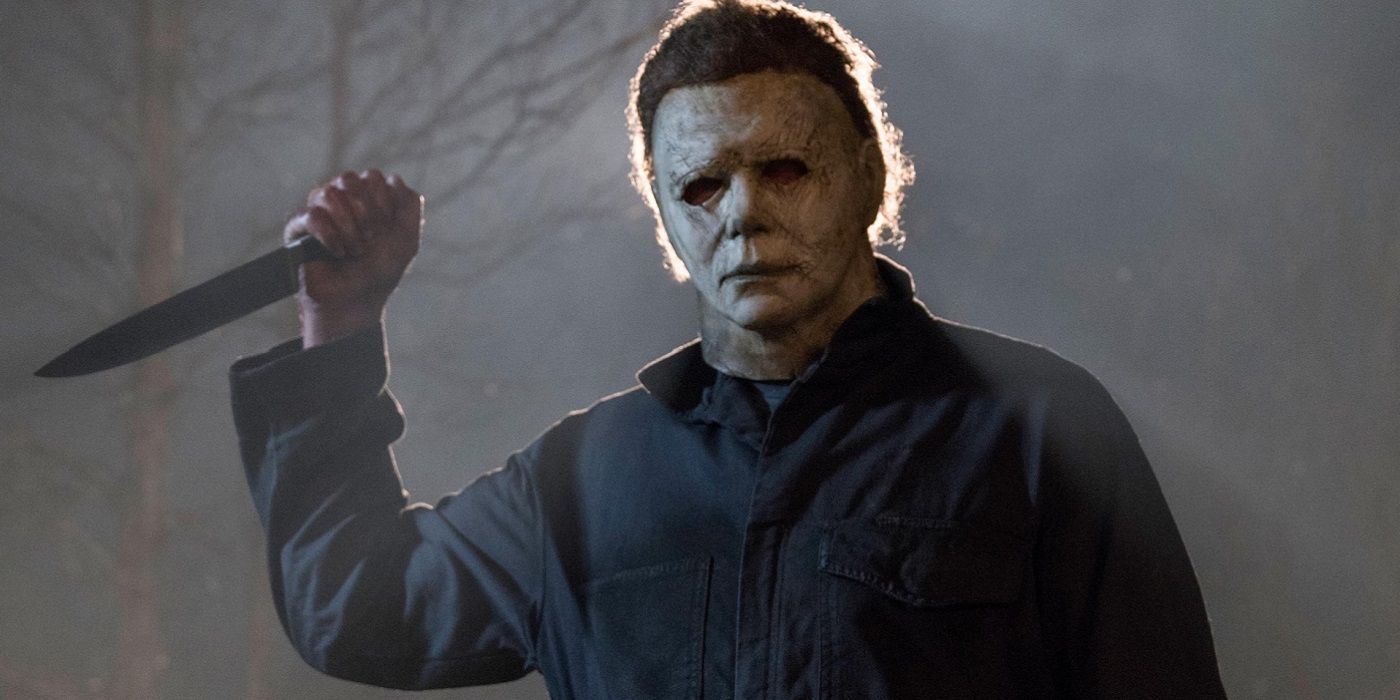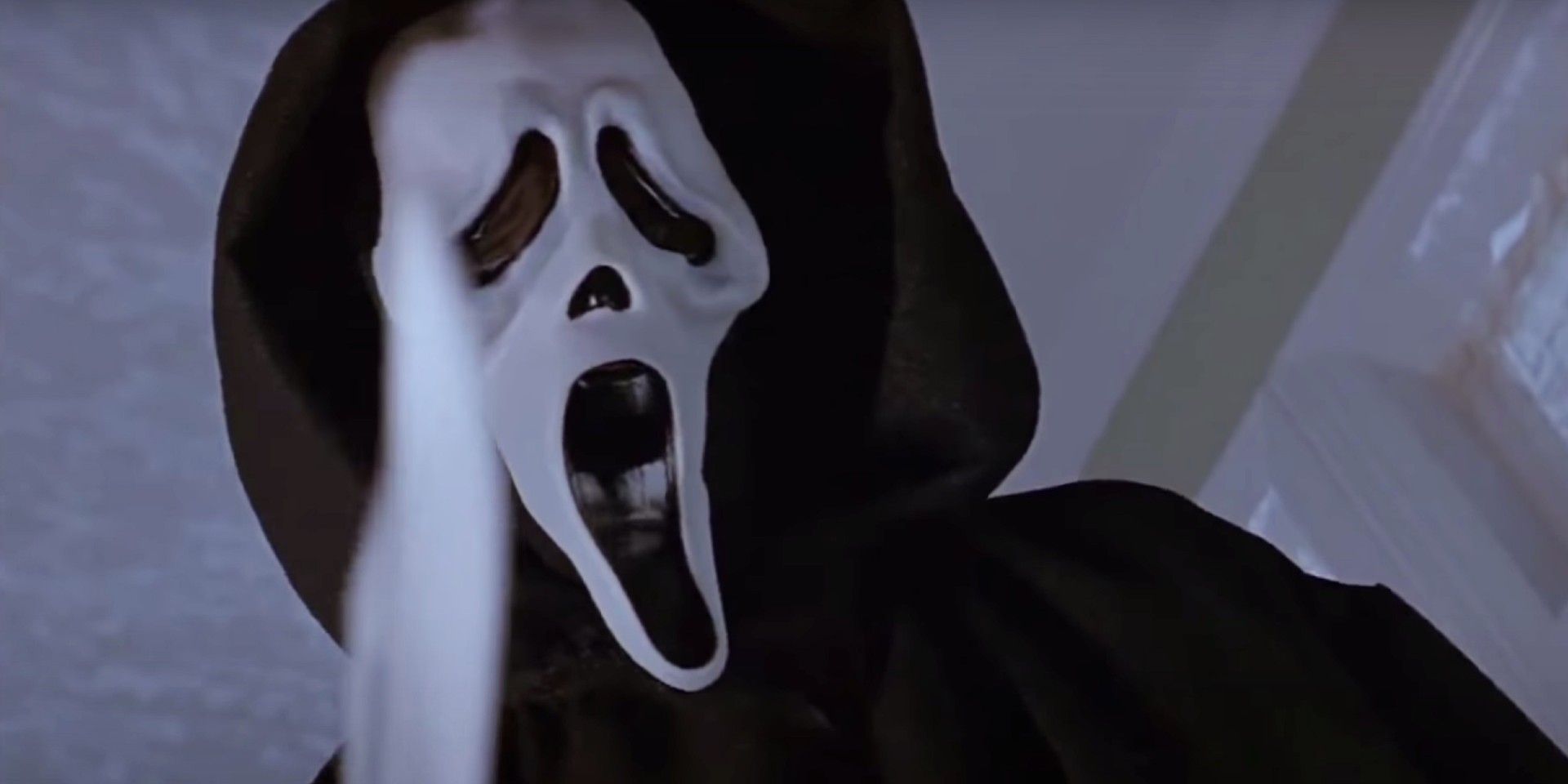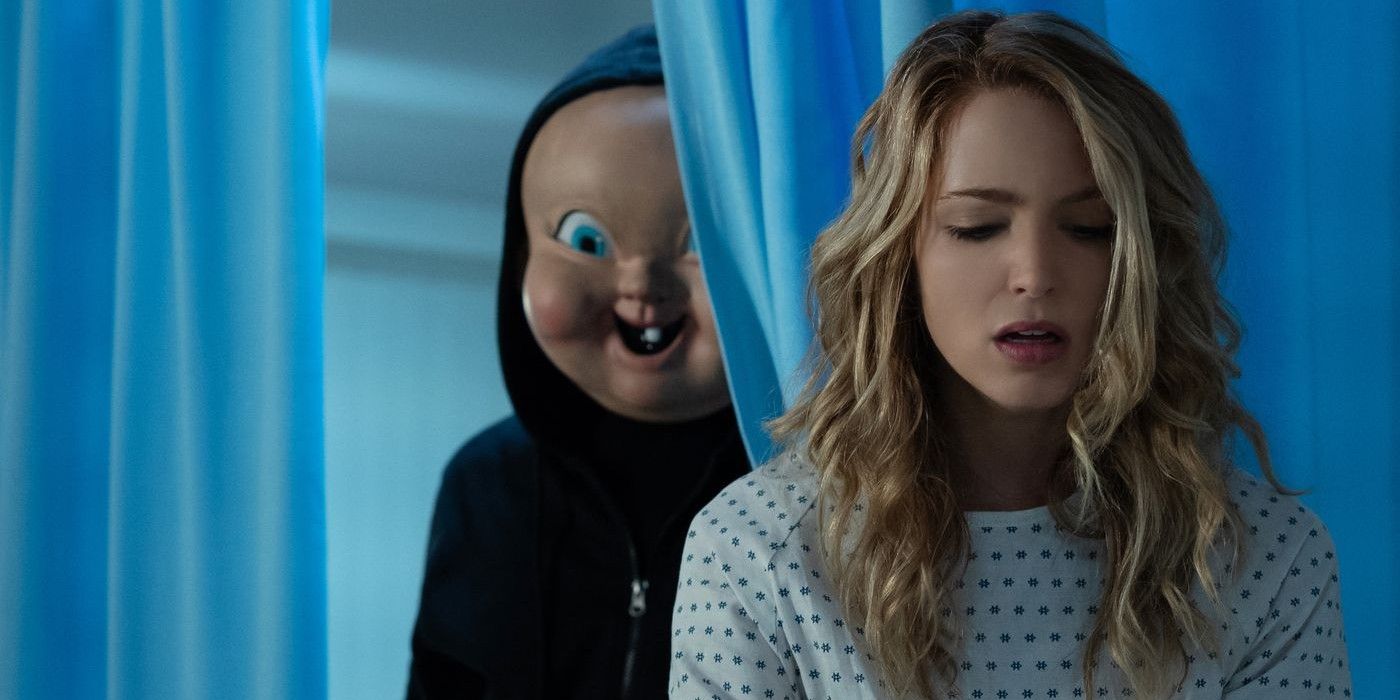
The success of John Carpenter's Halloween in 1978 became the launchpad for nearly two decades of slasher movies that attempted to capitalize on the movie's incredible success. At its core was the brutal, cerebral, and silent Michael Myers who killed without mercy. Across the 80s and early 90s scores of teens entered that dark room as audiences implored them not to, simultaneously claiming they would never do that.
That all changed with Wes Craven's Scream in 1996. Kevin Williamson's self-aware script was revolutionary as it introspectively analyzed the genre's tropes and clichés, revitalizing the slasher formula like a downed serial killer springing back to life for one final scare. Scream's influence can still be felt today but it can be argued that the intelligence the movie has also negatively impacted the creative decision-making behind horror movies - it seems telling that there hasn't been a new slasher icon since Scream's Ghostface in 1996.
RELATED: Michael Myers Looks As Deadly As Ever In Newest 'Halloween Kills' Image
John Carpenter has teased that the upcoming Halloween Kills is the 'ultimate slasher' movie. Despite the success of the 2018 Halloween reboot, it offered several nods to previous movies within the franchise - which the film was actually retconning. These self-referential moments undermined what was a masterful repositioning of Michael Myers as a figure to be feared, just as Carpenter's influential original movie had established in 1978.

As the Halloween franchise became bloated with sequels, so too did it sacrifice character for caricatures. That's not to say that the original lineup were all engaging, three-dimensional beings, but they engendered far more sympathy than later instances - contrived lambs for a very literal slaughter. It seems that Myers is out for some brutal revenge in Halloween Kills, how that will play out remains to be seen. In 2018's Halloween, one character suggests, “There’s a lot worse stuff that’s happening today...a couple people getting killed by one guy with a knife is not that big of a deal...I’m just saying, like, by today’s standards...” Undoubtedly there is an element of truth, that society is more desensitized to this kind of violence and so the slasher genre requires something more, but the movie itself also proves that there is room to impress the classic sense of dread the original conjured.
Any franchise that has been around long enough to be rebooted generally includes knowing winks to the audience nowadays. Self-referential humor or commentary is seemingly placed on a faux intellectual pedestal, as though after forty years audiences can no longer suspend disbelief, so the movie must wink towards fans to let them know it's in on the joke too. With a new Exorcist movie in development, it could be the latest to fall foul. It's frequently detrimental to the experience itself, unless executed carefully.
That being said, in horror - particularly in the slasher genre - a successful new movie almost inevitably becomes a franchise. With each subsequent film, it can be difficult to lure crowds back under the same premise of a masked killer carving their way through scores of people without something changing. On a surface level there will always be an audience for it, but re-treading the same beats leads to tired direct to DVD sequels.

One of the recent original slasher movie successes, Happy Death Day, employs a time loop. Once more a meta-commentary can be implied from its 'Groundhog Day' conceit, where the main character Tree is killed in a variety of creative and often comical methods. However, despite its high concept, the winks are far less overt than many of its predecessors and don't impede upon the movie's plot. It plays its premise straight and has a genuine emotional core that alleviates any tiredness which might arise. Nevertheless, the concept remains metatextual. Similarly, 2015's The Final Girls is a perfect deconstruction of genre tropes, as a group of teens are sucked into an 80s horror parody movie - thus arming them with the knowledge of the genre tropes and how to survive them.
As new voices are given the opportunity to make movies, it's possible for a straightforward slasher movie to return in a new setting, divorced from suburban America, campsites, or college campuses. Slasher movies are notorious for remakes and reboots at this stage, yet they're arguably more of a hindrance than a step forward for the genre. With creators from different backgrounds bringing new perspectives, it's possible that slasher movies return to a tried and trusted formula in a different environment. Remi Weekes' His House was a fine example of a new voice bringing something fresh to the horror genre without the need to deconstruct tropes.
Ultimately, straightforward slasher movies can still exist but they are less likely to thrive in the current day. Halloween 2018 was dogged by self-referential humor but its actual plot was more in line with the original than a deconstruction. While meta-humor or self-aware characters can often be a sub-par substitute for genuine creativity in the genre, creative alternatives such as Happy Death Day and The Final Girls are a window into what keeps the contemporary slasher genre alive.

